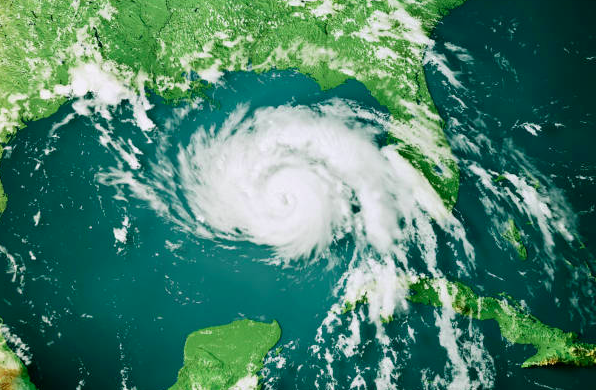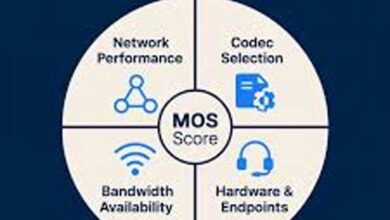The term ‘climate change’ has grown tremendously in the last forty years. Scientifically, it refers to temperature and climate variations that persist for a long period. These shifts in the climate of Earth have historically been natural. Since the Industrial Revolution of the 1800s, however, human activities have been responsible for climate change.
Nowadays, ‘climate change’ is used more synonymously with global warming, which refers to the Earth’s rising temperature due to human activities. It is also called anthropogenic climate change and is referred to simply as climate change in day-to-day conversations. The last few decades have seen the rise of many alarming contemporary phenomena like hunger crisis, shorter life expectancies, economic loss, etc. These threaten the existence of civilization, and the cause for every one of these can be sourced down to climate change. So, what causes climate change as we are witnessing it?
The Causes Behind Climate Change
The main causes of climate change impact are rooted in human activities. Driven by capitalistic models and a race to win at the economy game, policies around the world were structured to ignore the environment and develop human society in an unsustainable manner.
- Consumer culture: There is no more limit to what one can consume. Due to the expanding global trade, everything is readily available and ready to consume. This has caused a significant increase in greenhouse gas production, a direct contributor to global warming. It includes all forms of human activities, from taking a flight to ordering take-out. And climate change impact is caused not due to what one consumes but by the colossal amount of waste generated from consuming products like single-use paper cups, plastic bags, and product packaging.
- Irresponsible use of fossil fuels: The biggest contributor to climate change impact has been the use of fuels like coal, oil, and natural gas. These fuels, when burnt, release a huge amount of energy which is then used to power almost all of human society. In prevalent capitalistic models, power becomes a product in the form of electricity, and most electric power is converted from fossil fuel combustion. So, climate change impact due to fossil fuels takes many shapes and forms, including transportation, factories, and commercial buildings.
- Food production: Producing food requires running equipment like fishing boats, tractors, water pumps etc. These are usually powered by fossil fuels which add to greenhouse gas emissions. Using fertilizers and manures, packaging and distributing food also plays a key role. However, the biggest contributor to climate change impact from the food sector is the production of animal products like milk and meat.
How Does Climate Change Impact Humanity?
The effects of global warming have spread out to all domains of human society and threaten its existence as we know it. Climate change impact varies from desertification and sea level rise to water scarcity and economic loss. One direct consequence is environmental displacement, increased conflicts, and worse inequalities. Several infections like malaria are also more contagious in warmer temperatures. Scientists expect a hunger crisis, health deterioration and a massive population decrease in the coming decades.
Mitigate the Impact with the Right Brand
Reading up on global warming and all these threats may cause anxiety. However, organizations are brainstorming solutions every day, and many companies are investing in sustainability to build a safer future. Mitigating even a fraction of climate change impact can save millions of lives. One simple way to contribute to the cause is by supporting reputed brands trying to pave the way for eco-friendly innovations.








